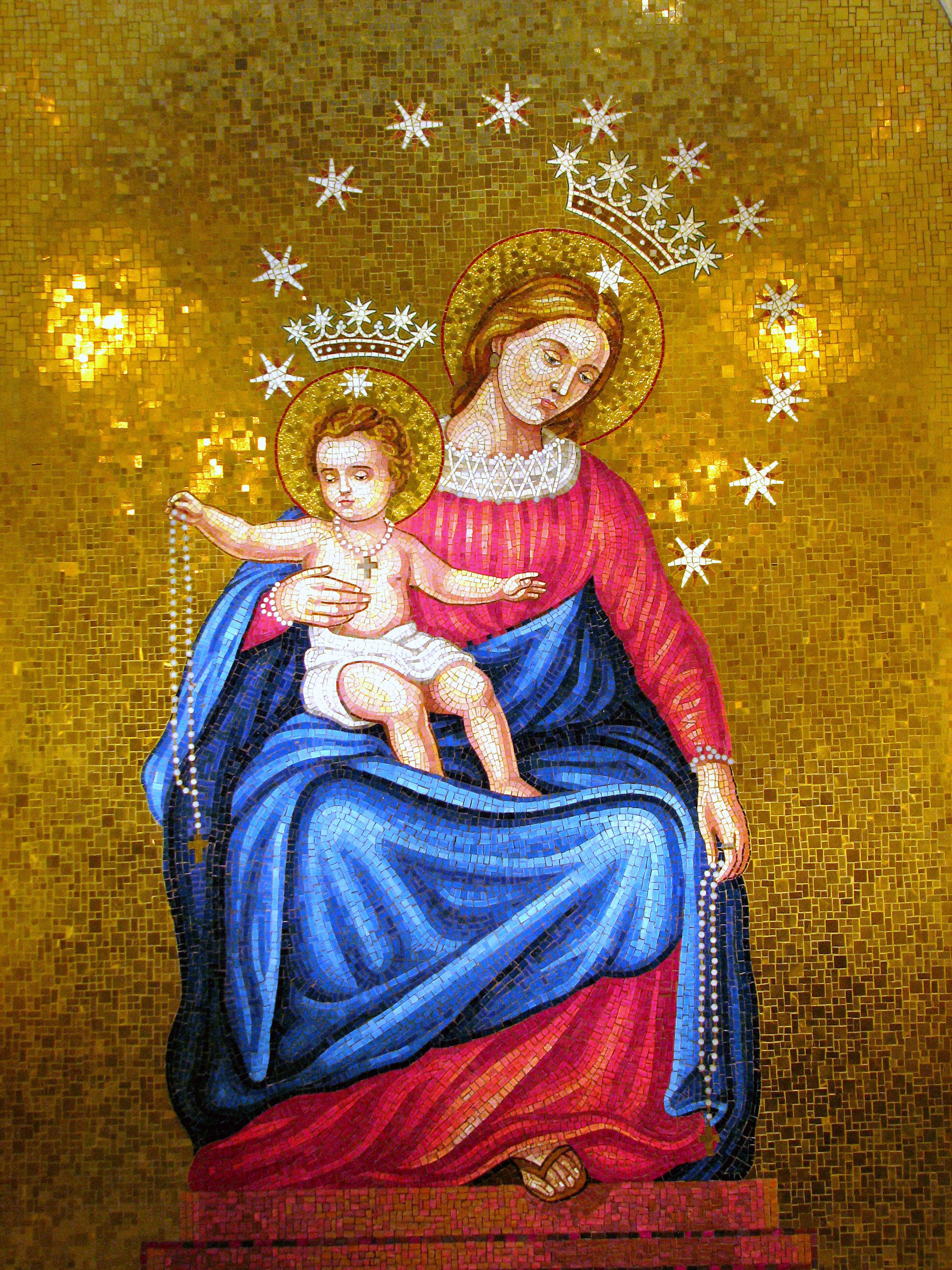By Stephen H. Padre
Today is the Assumption of Mary, the day some quarters of the Church mark the bodily taking up into heaven of Jesus’ mother. It’s one of many “holidays” on the church’s calendar for Mary, who has special significance in Christianity because of her closeness to our savior.
Mary is often characterized by her “signature song,” the words she says as she tries to come to terms with being unexpectedly pregnant (as a virgin) and bearing God’s son. These words are called the “Magnificat” and are called a song because they are often sung in churches during worship.
More than anything, it’s Mary’s words in the Magnificat that make her the subject of adoration by many Christians. It’s because in them she expresses such unconditional willingness to play a part in God’s story of redemption for the world – to be a means through which God enters the world, as a human.
In the Magnificat, Mary sings beautifully of God’s greatness. She also describes a world that, under God’s kingdom, will be turned on its head:
“He has scattered the proud in the thoughts of their hearts.
He has brought down the powerful from their thrones,
and lifted up the lowly;
he has filled the hungry with good things,
and sent the rich away empty” (Luke 1: 51b-53).
In verse 53, Mary mentions the hungry. She cares enough about people who are hungry to mention them because God cares about them. Mary says people who are hungry are part of God’s re-ordering of the world. How amazing to get to participate in this!
And we get to participate in it too. God, Mary, Jesus, and others remind us of our duty to help people who are hungry and poor. We are called to stand with people who are often pushed to the margins or the bottom rungs by society. We can help lift them up as Mary promised God would in turning our world topsy-turvy. We can bring their concerns before those who might exclude them – our nation’s leaders in Congress and presidential candidates, among others – and help ensure that they get not only a share of the pie but get filled with good things, not just the leftovers. We can do this through our advocacy before our federal government. This is the mission of Bread for the World, and Bread is the means through which you can speak to our government about hunger.
We thank God for Mary, Mother of Our Lord, today, for the ways she points us to God and is an example of obedience to God’s will. And we thank God for the opportunities she reminds us that we have for assisting people who are hungry, for participating in God’s re-ordering of the world and bringing an end to hunger.
Stephen H. Padre is the managing editor at Bread.



